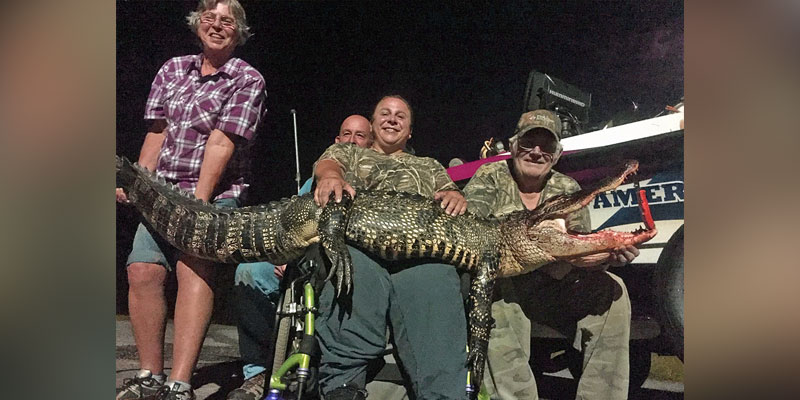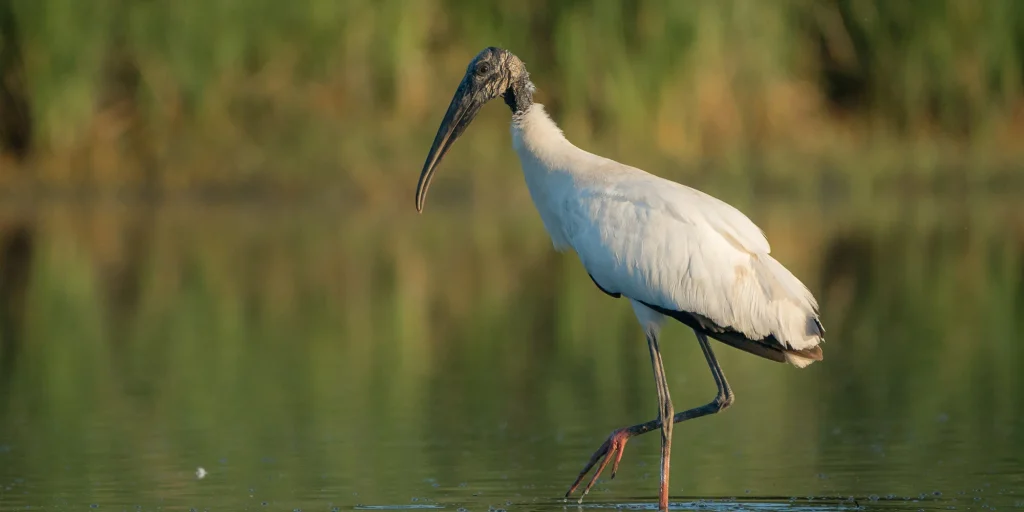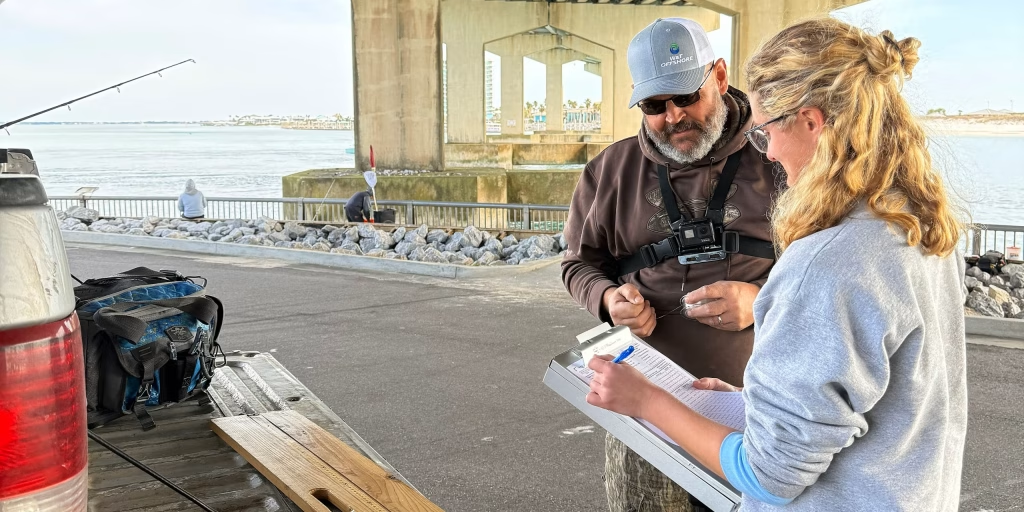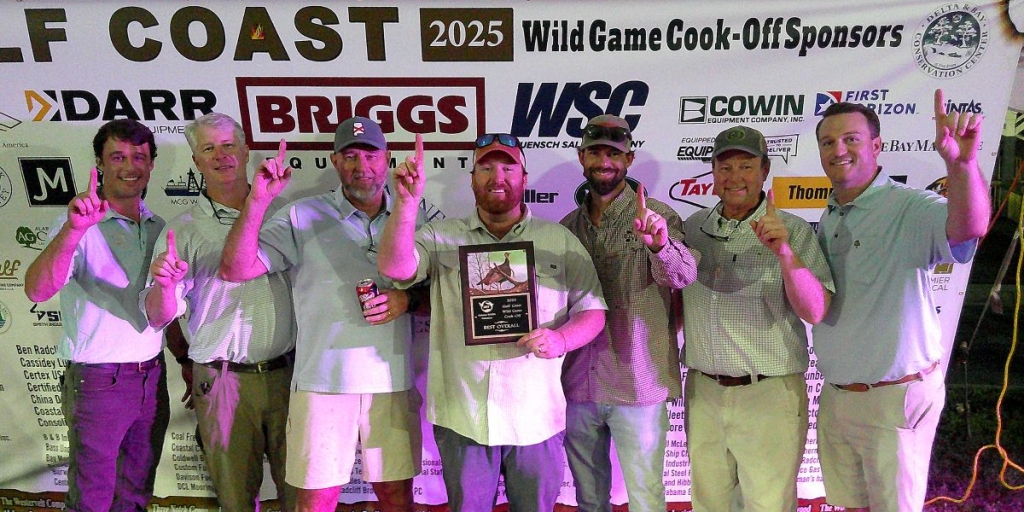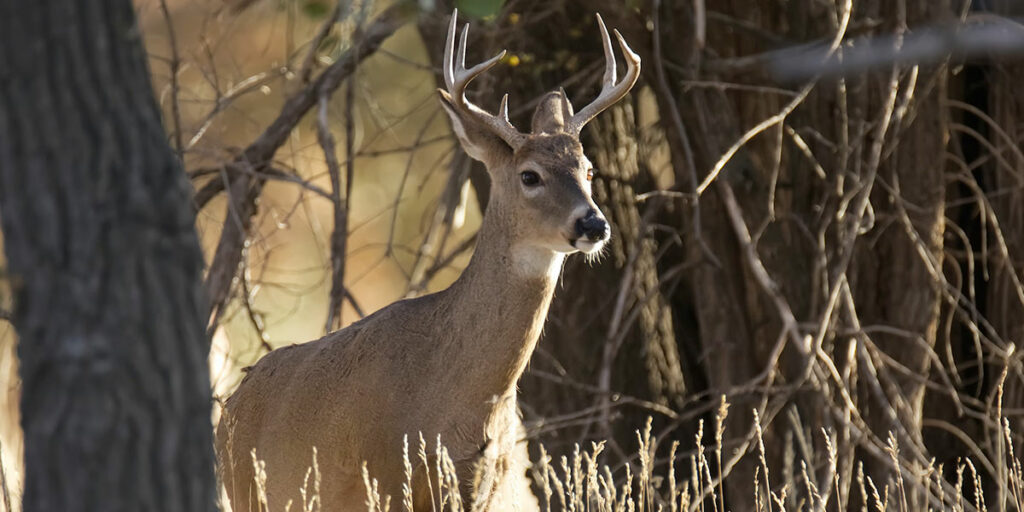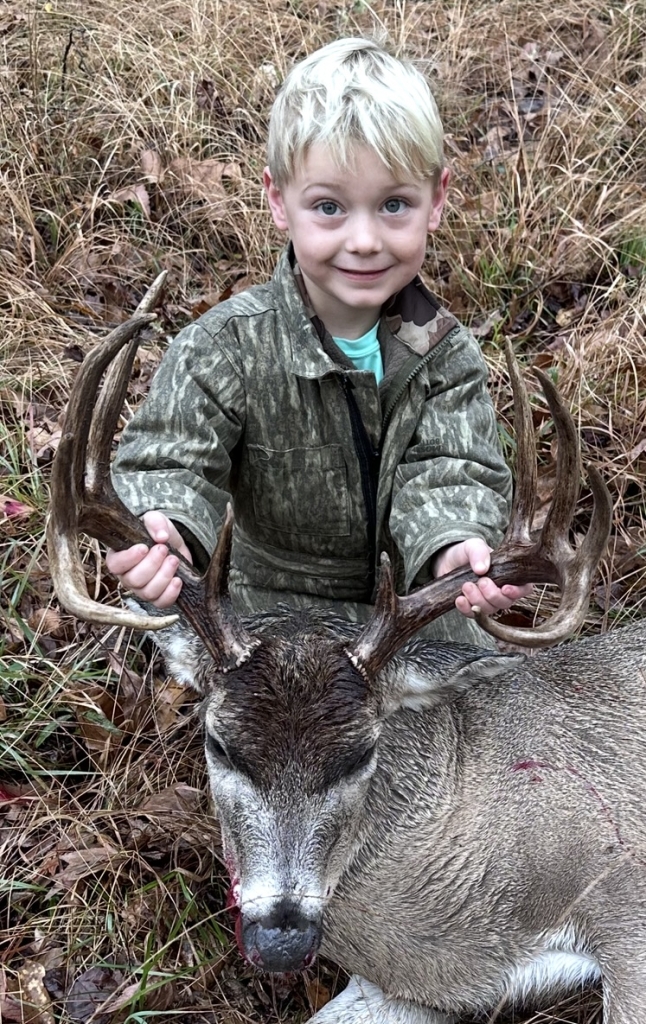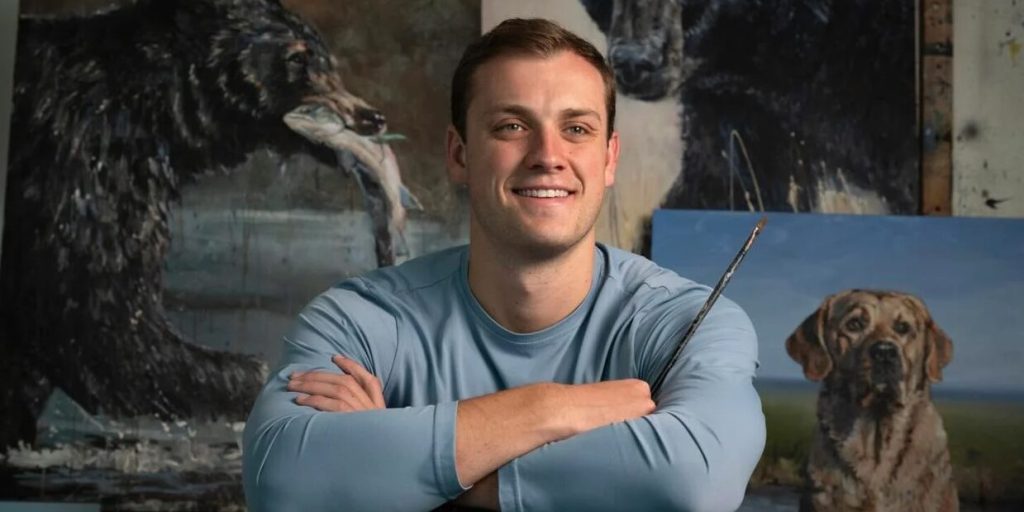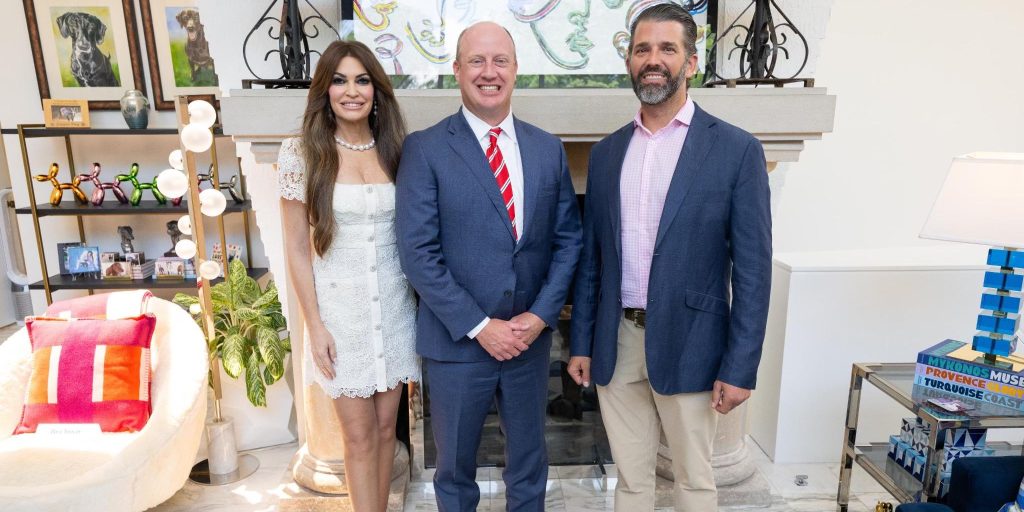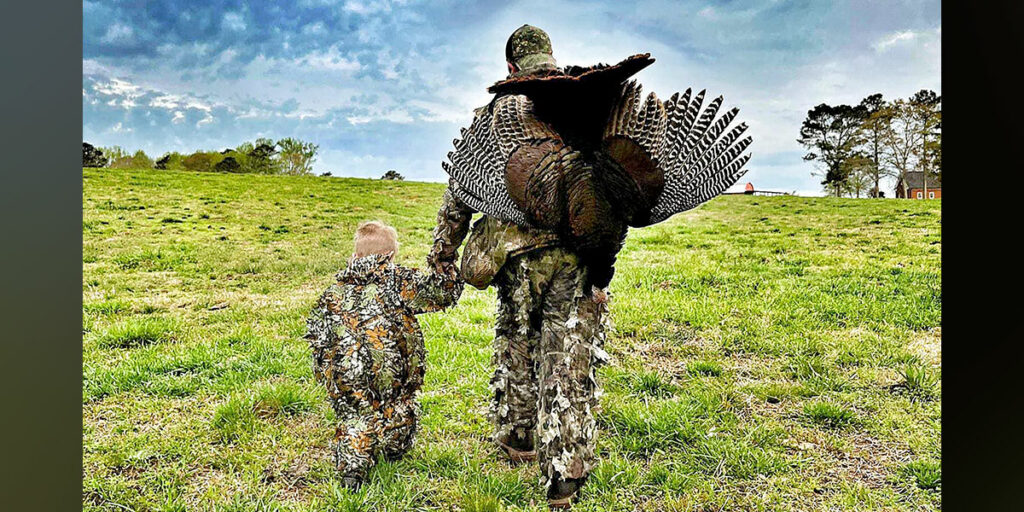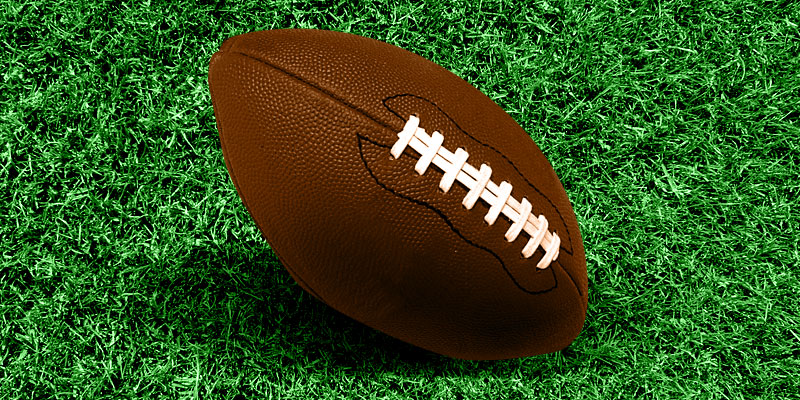Mandy Stone worked hard as a paramedic in Roanoke, Alabama, which often required a weekend away to decompress. Stone was on one of those getaways when her life changed forever.
“Ten years ago, I went to north Georgia for the weekend,” Stone said. “On the way home I hydroplaned, went down in a ravine and spent the next two-and-a-half months at the Shepherd Center in Atlanta. Everything changed in just a split second.”
The accident impact crushed numerous vertebrae in her back. She was left paralyzed from the waist down.
However, the accident did not crush her spirit or her love for the outdoors. Not long after she was discharged from Shepherd, a world-renowned rehabilitation center for people with spinal cord and brain injuries, Stone went to one of her happy places.
“Hunting season is my favorite time, and I think it always has been,” she said. “I’ve been able to go hunting ever since I got hurt. I hunt deer and squirrels mostly. I have one of those Action Trackchairs, and I’ll ride around and shoot them from it.”
The shooting houses on her mom and dad’s property as well as shooting houses on property Stone and her sister own nearby were made handicap-accessible.
The first time in a shooting house after her accident was truly special.
“It was great,” she said. “My mom made sure I had plenty of cover, which was good. It was actually awesome. I think I killed one that day. I know I killed three or four that season.”
Not content to allow any barriers to stop her hunting passion, she decided to kick it up a notch and pursue an alligator during Alabama’s late-summer, early-fall season at Lake Eufaula in southeast Alabama.
“I’m all about hunting everything,” she said. “I told my dad, ‘Look Pop, we’ve got to go alligator hunting.’”
Stone had applied for several years for a tag at Eufaula, which has only 20 tags available annually. The points system, which applies points for each year the applicant is unsuccessful, finally paid off for Stone.
After receiving her tag, Stone went to Lake Eufaula to look around because she didn’t know anything about the reservoir that serves as a border between Alabama and Georgia. Stone emailed Chris Nix, the Alabama Wildlife and Freshwater Fisheries (WFF) Division’s Alligator Program Coordinator. Nix got Stone in touch with WFF Biologist Richard Tharp, who connected her with guide Mike Gifford, otherwise known at Gator Mike.
“I was talking to Mike, and he was telling me about his alligator hunting, and it sounded great,” Stone said. “Then I told him I was in a wheelchair and asked him if he had ever taken anybody in a wheelchair. He said, ‘Oh, I’ve never done that.’ I asked him if he was willing to try, and he said he was and when did I want to go.”
Although Gifford has been guiding alligator hunts since Alabama started its season in the late 2000s, he said this was his first outing with someone in a wheelchair.
“I’m kind of old school and think things happen for a reason, that we’re drawn to people for a reason,” Gifford said. “I felt like, no matter what, I was going to make it happen. It’s not common for somebody in her condition to want to do that, but it inspired me.”
With the obstacles Stone presented, Gifford figures divine assistance helped to make it happen.
“What’s really crazy about this is I’ve only got X amount of space on my boat, and I want her to be up on the bow so she can do everything,” he said. “I didn’t want her just riding along watching somebody else gator hunt.”
Stone gave Gifford the measurements of her wheelchair, and he headed to his boat with a tape measure.
“In a custom-built Ranger bass boat, they have what is called a locker-bar system,” he said. “All the deck lids are aligned. In the locker-bar system, a stainless-steel bar goes across the lids, and you can put padlocks on it so none of the deck lids can be lifted. I put the locker bar in and started measuring. This is why I believe things happen for a reason. When I measured for that wheelchair, I didn’t have a half-inch of extra space. When that locker bar went in there, the back tires backed up to it perfectly. The front of the wheelchair lined up perfectly to be tied off to the front pedestal, so I could lock her in there.”
The boat ramp, which she had used on two previous trips, was the perfect height for Stone’s wheelchair to roll onto the boat’s front deck.
Gifford thought about idling around near the boat ramp to try to bag the first gator they found, but when he got Stone fitted with a life jacket and locked in the boat, he changed his mind.
“I felt like I had her in there good enough, and that she was strong enough that I thought about getting the boat on plane,” he said. “I told her I was going to try and for her to give me a thumbs up or a thumbs down. I got on plane slow and easy. She gave me a thumbs up, and I knew we were in business.”
A large gator was spotted that was estimated at 12 feet, but he gave them the slip.
The gator hunters found smaller animals, but culling is not allowed during alligator season and they would have failed to reach the 8-foot minimum in effect at Lake Eufaula.
After they spotted another gator they felt would surpass the minimum size, Gator Mike got a hook in the animal and handed the rod to Stone.
“I wanted her to feel the full effects of the hunt,” he said.
“He let me do some of the reeling, which was not easy,” Stone said. “We went in a circle for about 30 minutes with this 8½-foot gator. We finally wore him down, and Mike handed me the harpoon to stick him with. That was a huge challenge. But I got the harpoon in him. Mike got him, taped his mouth and got him into the boat.”
Instead of shooting alligators to finish them off, Gator Mike prefers to severe the spine with a knife with the gator’s head immobilized.
He handed the knife to Stone, who applied the coup de grace.
“It was just as quick and simple as shooting one would be,” Stone said. “I’d never taken anything like that, but it was just as quick. It was done. I had been grinning the whole time after the gator was hooked. I was all smiles from there. It was awesome.”
Whooping and hollering and rounds of high-fives went around on both boats after the gator was dispatched.
Gator Mike had lined up a chase boat, which allowed Stone’s mom and dad to join the hunt.
“That was awesome that they got to be there too,” Stone said.
The gator is at the taxidermist for a full-body mount. The meat has been processed, and Stone will make a trip soon to pick it up.
“We hope to get together and have a big alligator cooking celebration,” Stone said.
After time for reflection on the successful hunt, Stone admitted it was harder than she expected.
“Had it not been for Gator Mike, I don’t know if I could have done it,” Stone said. “He makes it look easier. He was so good at slipping up on them. The biggest thing was the harpoon. That was hard for me. I was very ill-prepared for that. It was fun nonetheless, but there were no easy tasks.”
Although Stone achieved her ultimate goal by bagging the gator, it doesn’t mean her love of the hunt is completely satisfied.
“I’m happy with one, but I intend to apply again,” she said. “I’m definitely hooked now.”
Gifford said he has relived that night many times and still wonders why he was fortunate enough to be the guide.
“I just hope this inspires other people with handicaps to want to go and do it,” he said. “You can do it. There’s no doubt. Mandy had a will to do it, and she did it. This was the most gratifying hunt that anybody could have ever done.”
David Rainer is an award-winning writer who has covered Alabama’s great outdoors for 25 years. The former outdoors editor at the Mobile Press-Register, he writes for Outdoor Alabama, the website of the Alabama Department of Conservation and Natural Resources.




